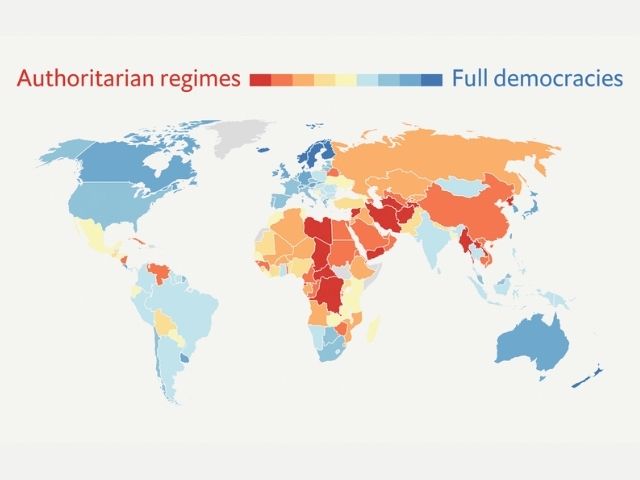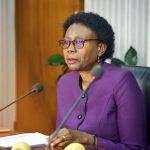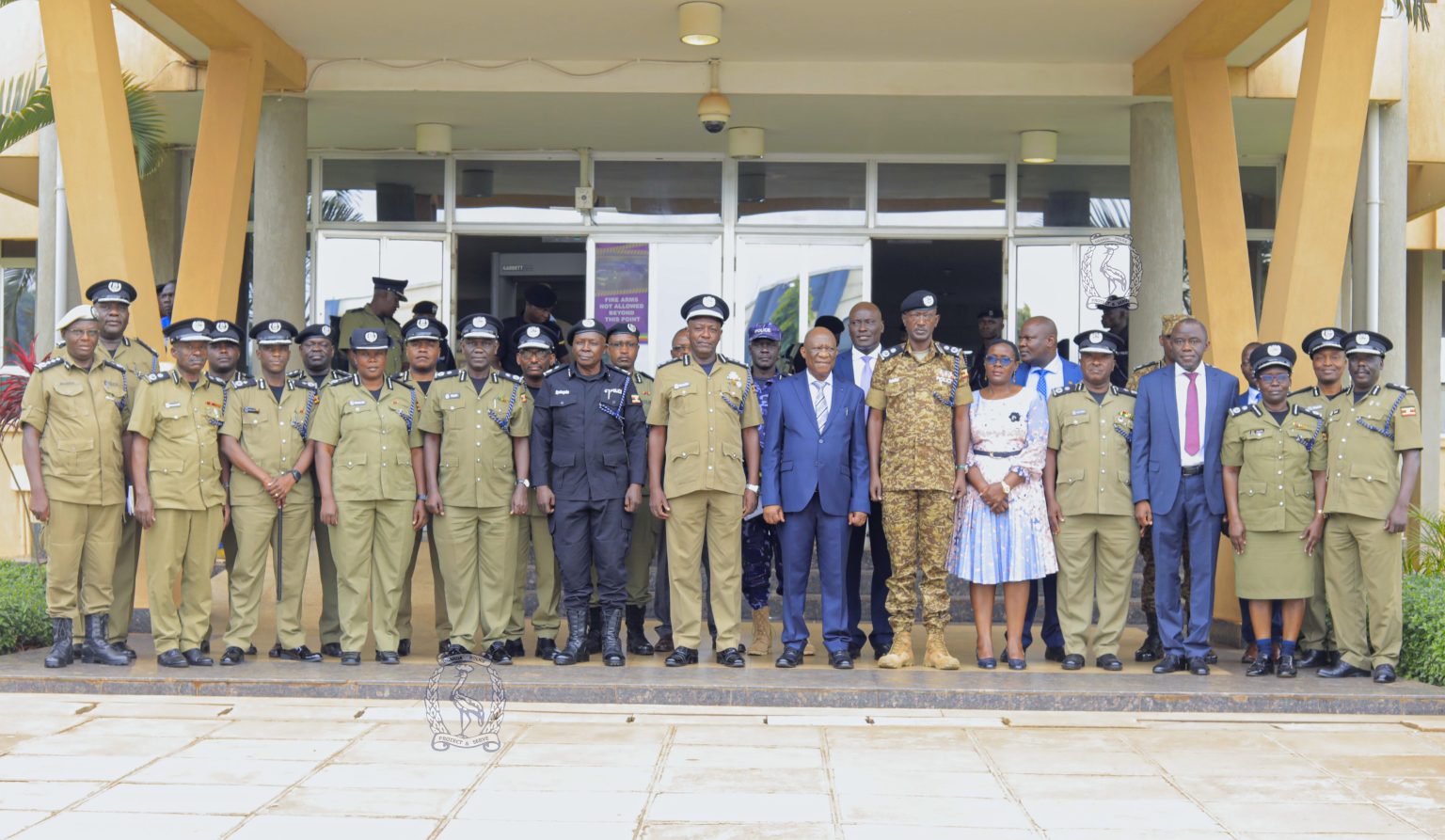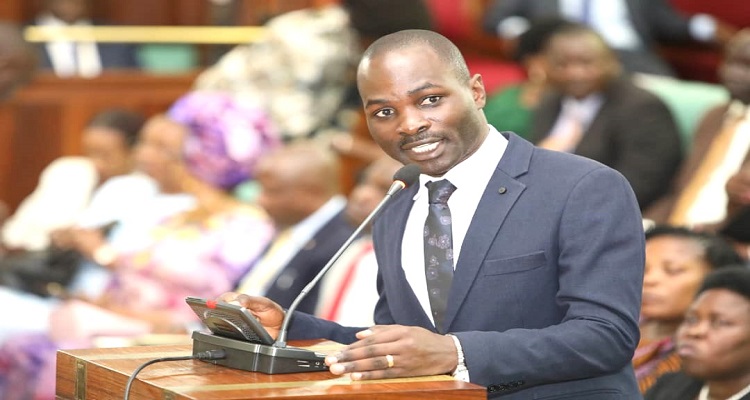Uganda, a nation in East Africa, has recently witnessed a decline in its Democratic Index, sparking concerns about the state of its governance and security. The Security and Governance Program report, presented during the launch of the performance review in Kampala, disclosed this concerning trend. The report’s findings point to a deterioration in Uganda’s international ranking due to this decline.
The Democratic Index serves as an international yardstick for evaluating the principles of electoral and representative democracy. This assessment considers various parameters, such as the electoral process and pluralism, government functionality, political participation, political culture, civil liberties, and the conduct of free and fair elections.
The Governance and Security Program plays a crucial role in Uganda, bringing together 32 government agencies responsible for upholding the rule of law, ensuring security, maintaining law and order, public policy governance, access to justice, promoting human rights, accountability, and transparency. These include the Office of the Presidency, the Ministry of Security, the Judiciary, Prisons, the Office of the Director of Public Prosecutions, the Police, and the Attorney General’s office, among others.
Notably, the report arrives at a time when the National Unity Platform Political-NUP party, an opposition group, is demanding the release of its supporters allegedly detained during and after the 2021 elections. They have also raised concerns about illegal detentions, kidnappings, and violations of freedom of speech and expression by the armed forces.
Addressing this decline, the Minister for Presidency, Milly Babalanda, stressed the importance of identifying gaps and redoubling efforts to achieve the set targets. Furthermore, she referenced the low performance of the Governance and Security Program, as highlighted in the National Development Plan III Review, suggesting that collective assessment and remediation are necessary.
First Deputy Prime Minister Rebecca Kadaga conveyed the government’s commitment to enhancing the Democratic Index by creating a conducive environment for democratic governance. She emphasized that the government remains steadfast in delivering public services, irrespective of the encountered challenges.
The report also touched on interventions to combat human trafficking, revealing that, in the 2022/2023 period, approximately 700 trafficking victims were rescued and provided with temporary shelter, medication, food, and transport. However, challenges persist, notably concerning police population ratios and prisoner-to-warden ratios due to insufficient officers and staff in Uganda’s police and prisons.
Furthermore, the program ensured that policies and submissions to the Cabinet align with the nation’s development aspirations. It reported that a total of 217 submissions to the Cabinet were reviewed for adequacy and harmony with national, regional, and international commitments.
In a commendable effort to promote accessibility and inclusivity, the Constitution, as amended, has been translated into 21 local languages, significantly expanding its reach to a broader segment of the population.
As the report concludes, it’s essential to note that the Governance and Security Program received a budget allocation of 7.529 trillion Ugandan Shillings for the current financial year, emphasizing the importance placed on addressing the challenges highlighted in the report.




















